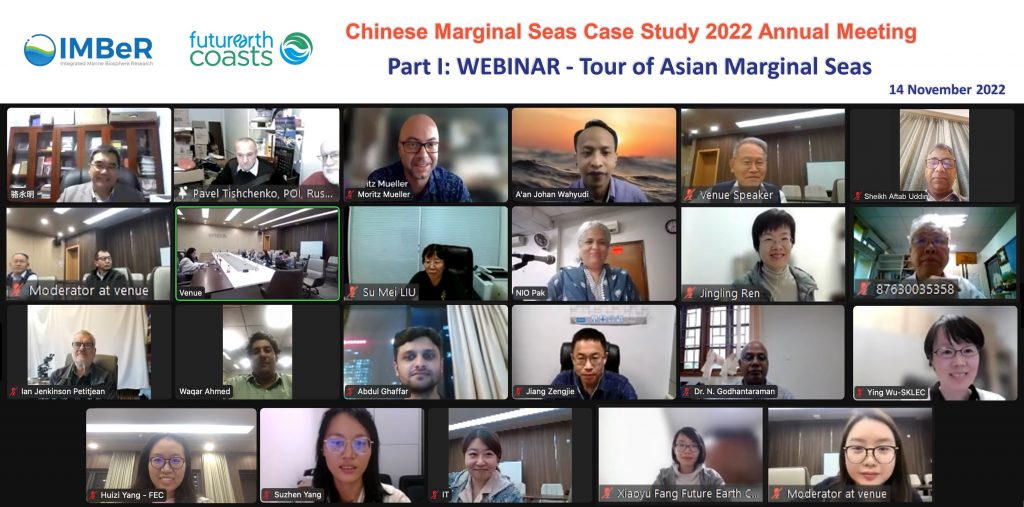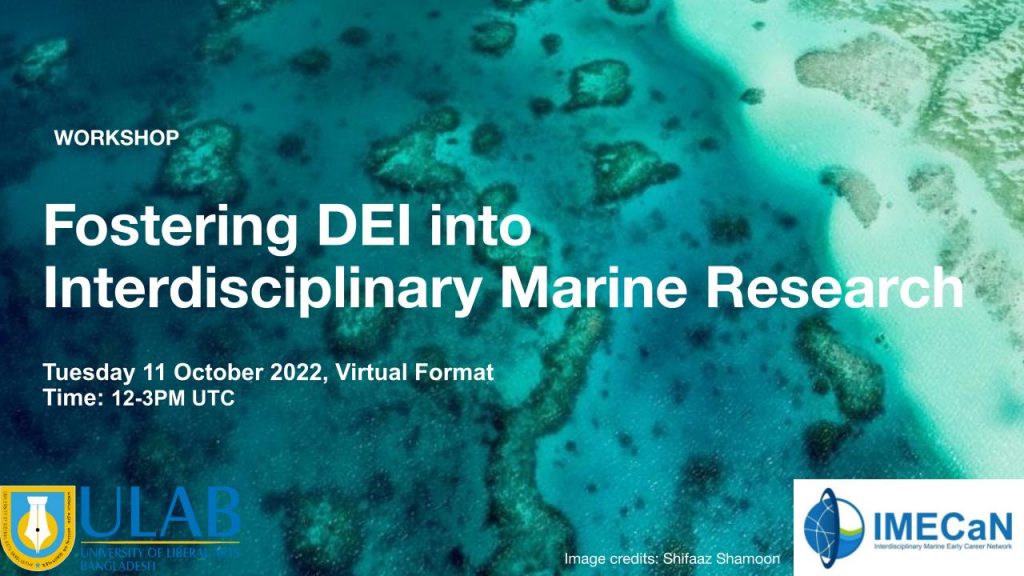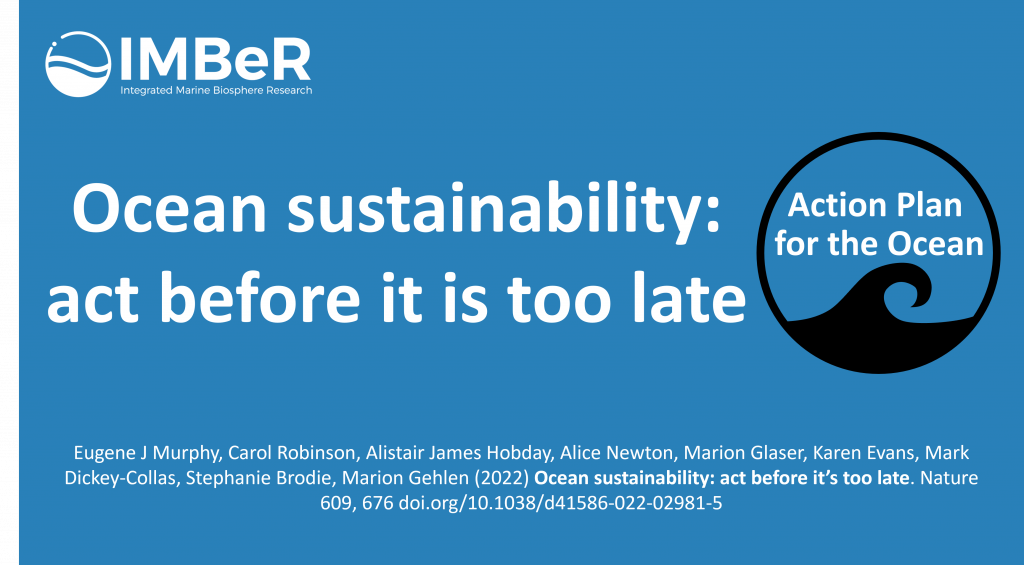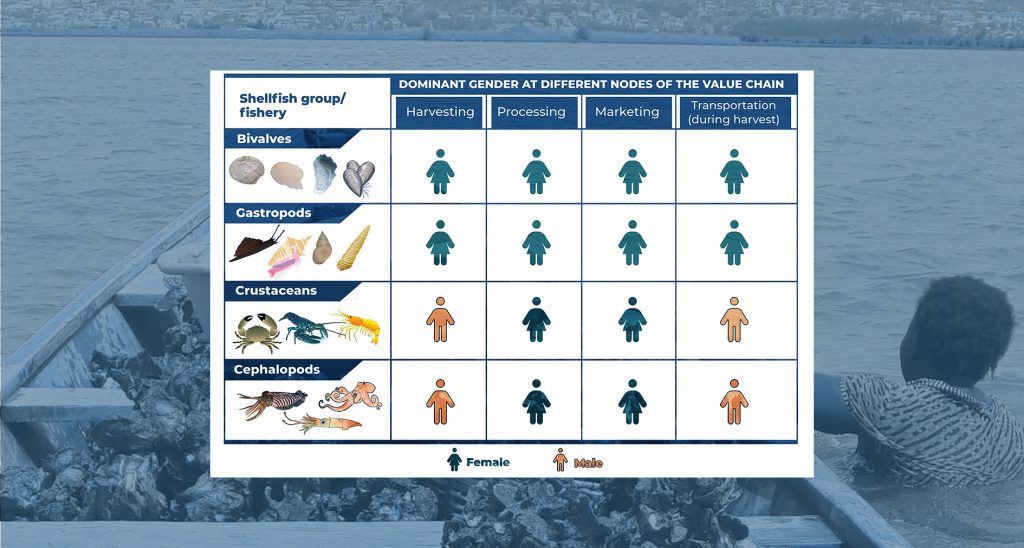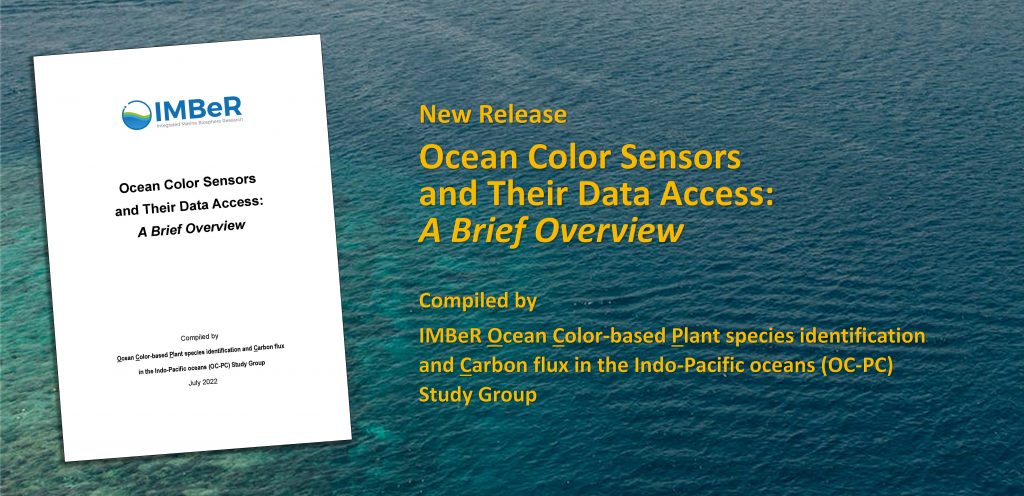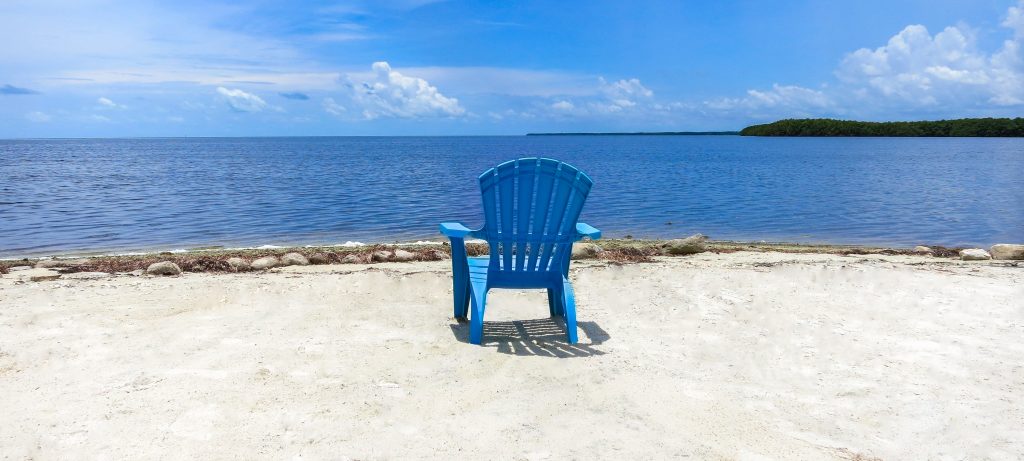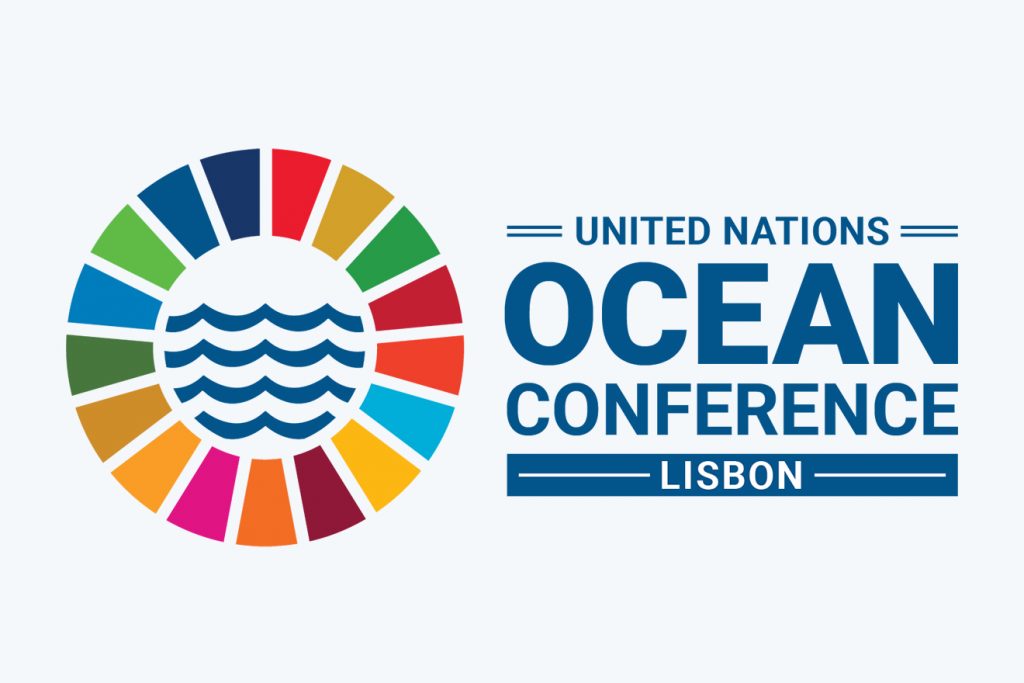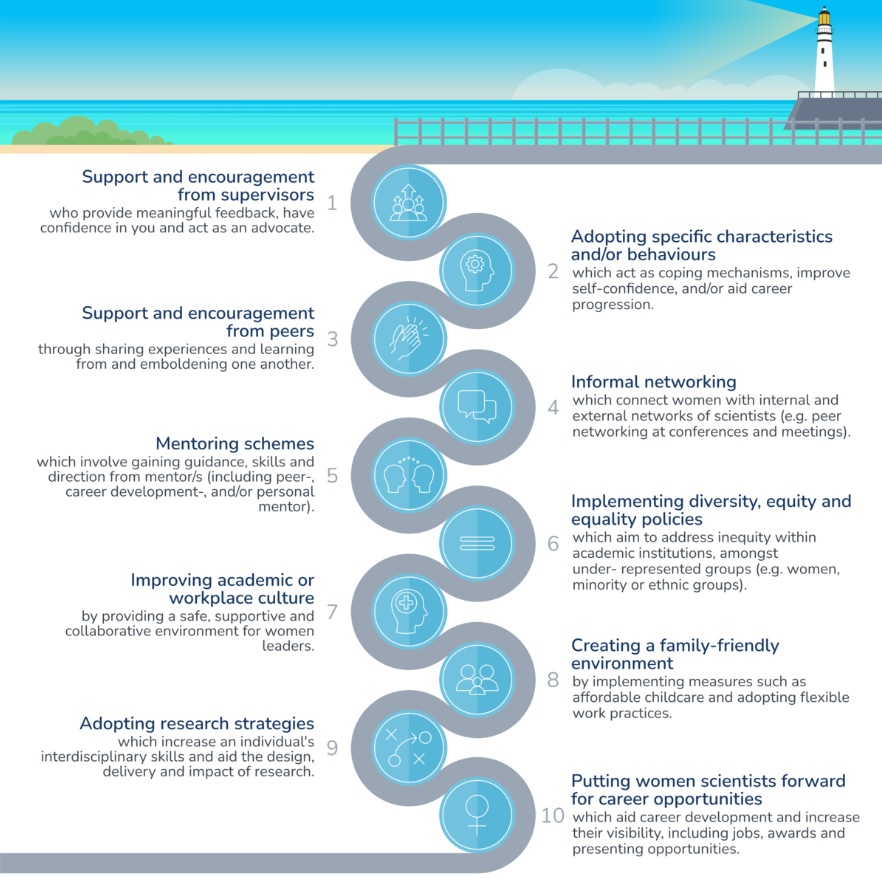Call for nominations for new members of the IMBeR Scientific Steering Committee
Nominations are now open for new members of IMBeR’s Scientific Steering Committee. Integrated Marine Biosphere Research (IMBeR) is an international project co-sponsored by the Scientific Committee on Oceanic Research (SCOR) and Future Earth. IMBeR’s mission is to Promote integrated marine research and enable capabilities for developing and implementing ocean sustainability options within and across the…

